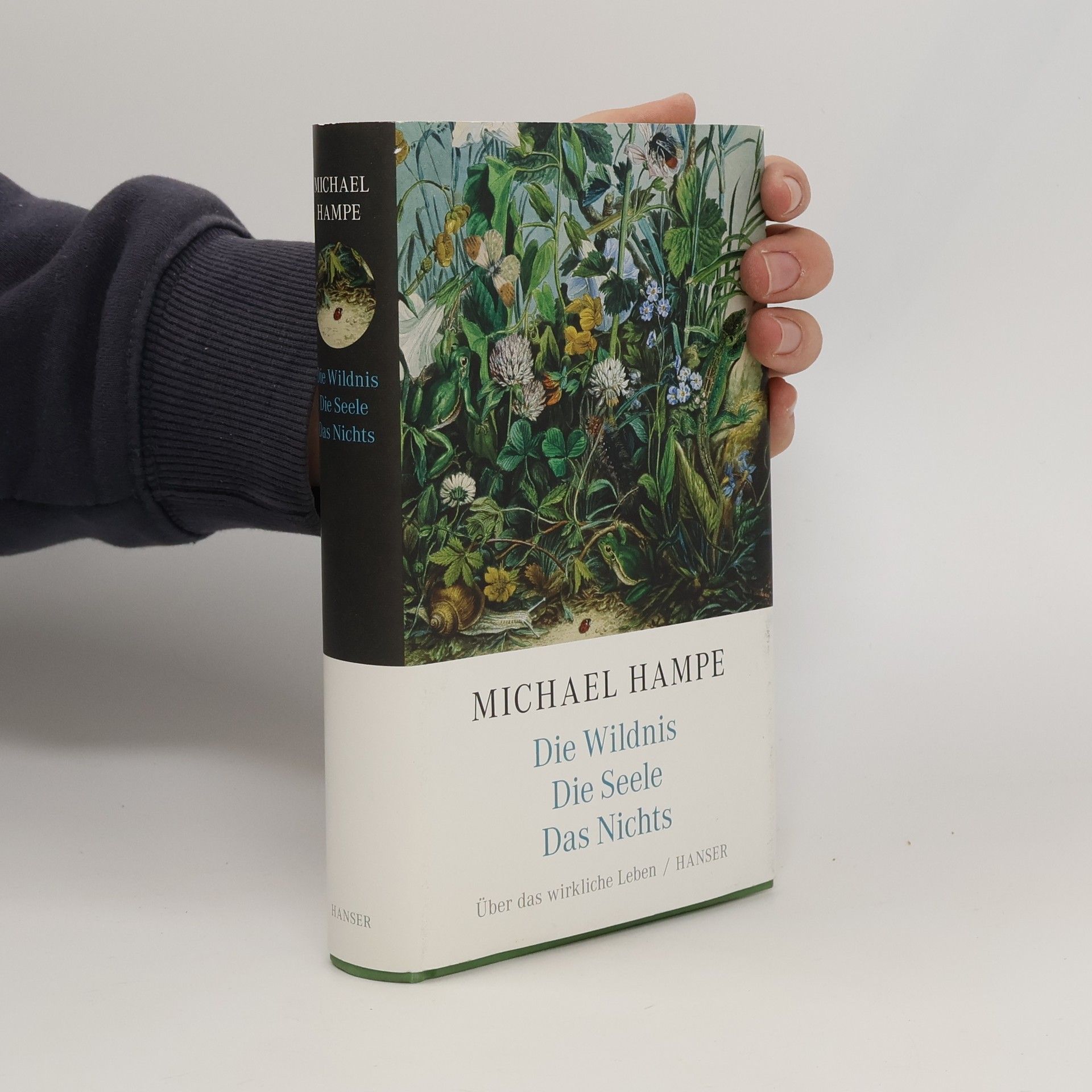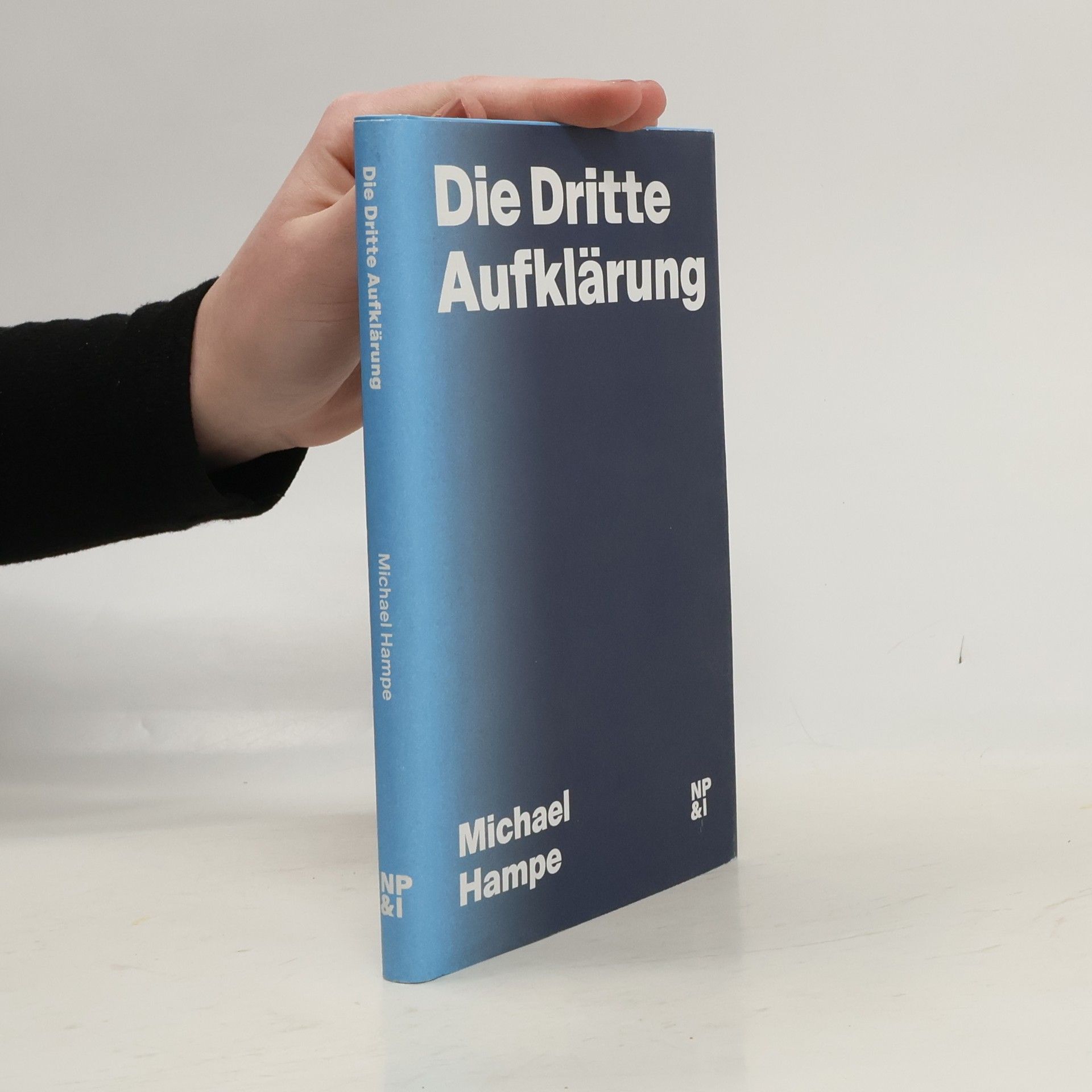Von der Geburt bis zum Tod: Was weiß die Philosophie über die Stationen unseres Lebens? Was bedeutet es, auf die Welt zu kommen? Wir treffen Unterscheidungen und Bewertungen, noch bevor wir Begriffe bilden, sprechen und urteilen. Wir verlieben uns und begreifen, dass das Leben endlich ist. All das kann man philosophisch untersuchen: Entsteht da ein Subjekt? Warum braucht es einen „Sinn"? Wozu das alles? Kann man ein Leben mit all seinen Erfahrungen und Emotionen überhaupt in Worte fassen? Wenn wir uns aber nur über Ausschnitte unseres Lebens austauschen können, geraten Regeln und Zwecke ins Wanken, weil sie nur einen Teil unserer Existenz betreffen. Damit ist der Weg frei für eine Selbsterkundung, die eine größere innere Freiheit verspricht als die Jagd nach Zielen und die Suche nach Sinn.
Michael Hampe Book order (chronological)
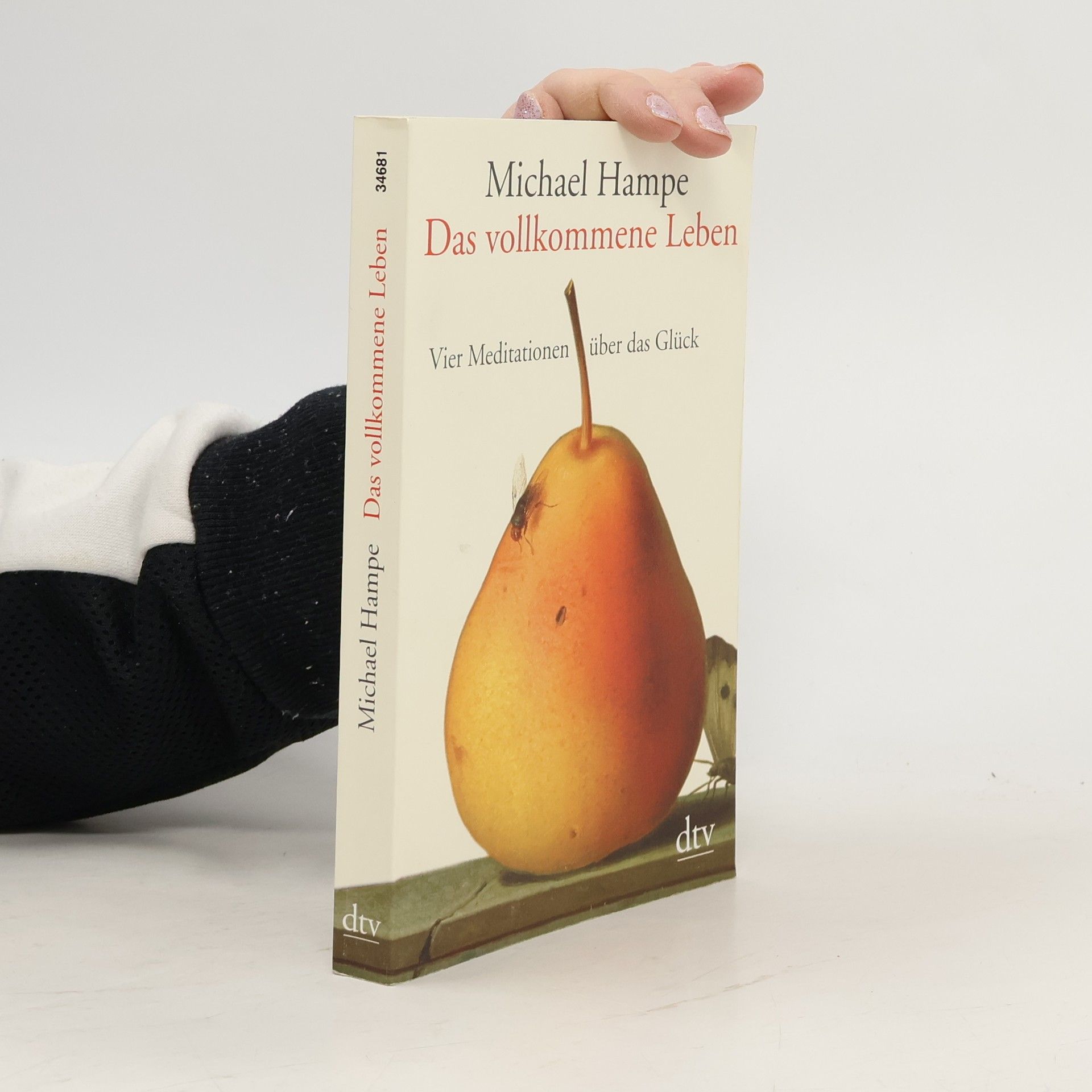
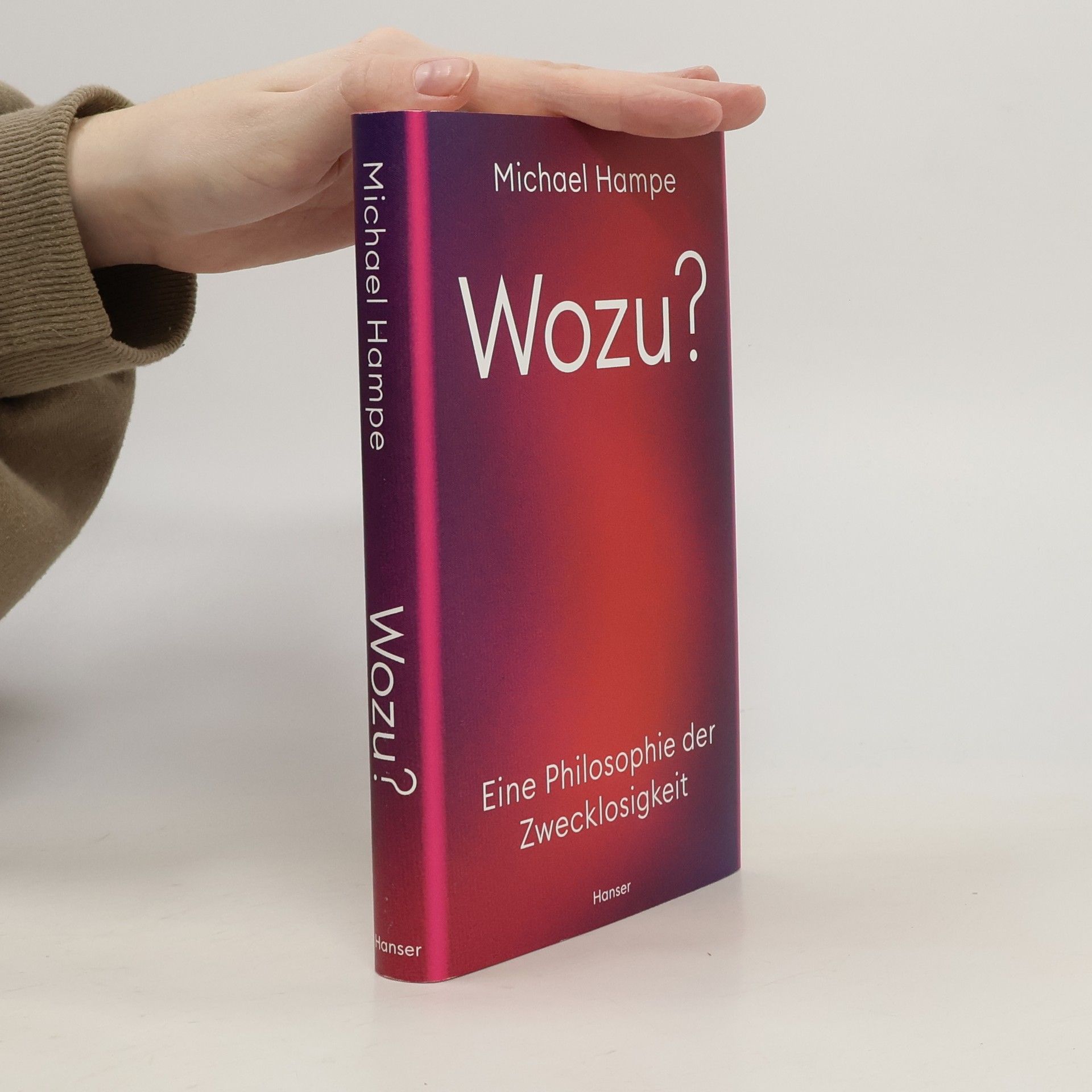
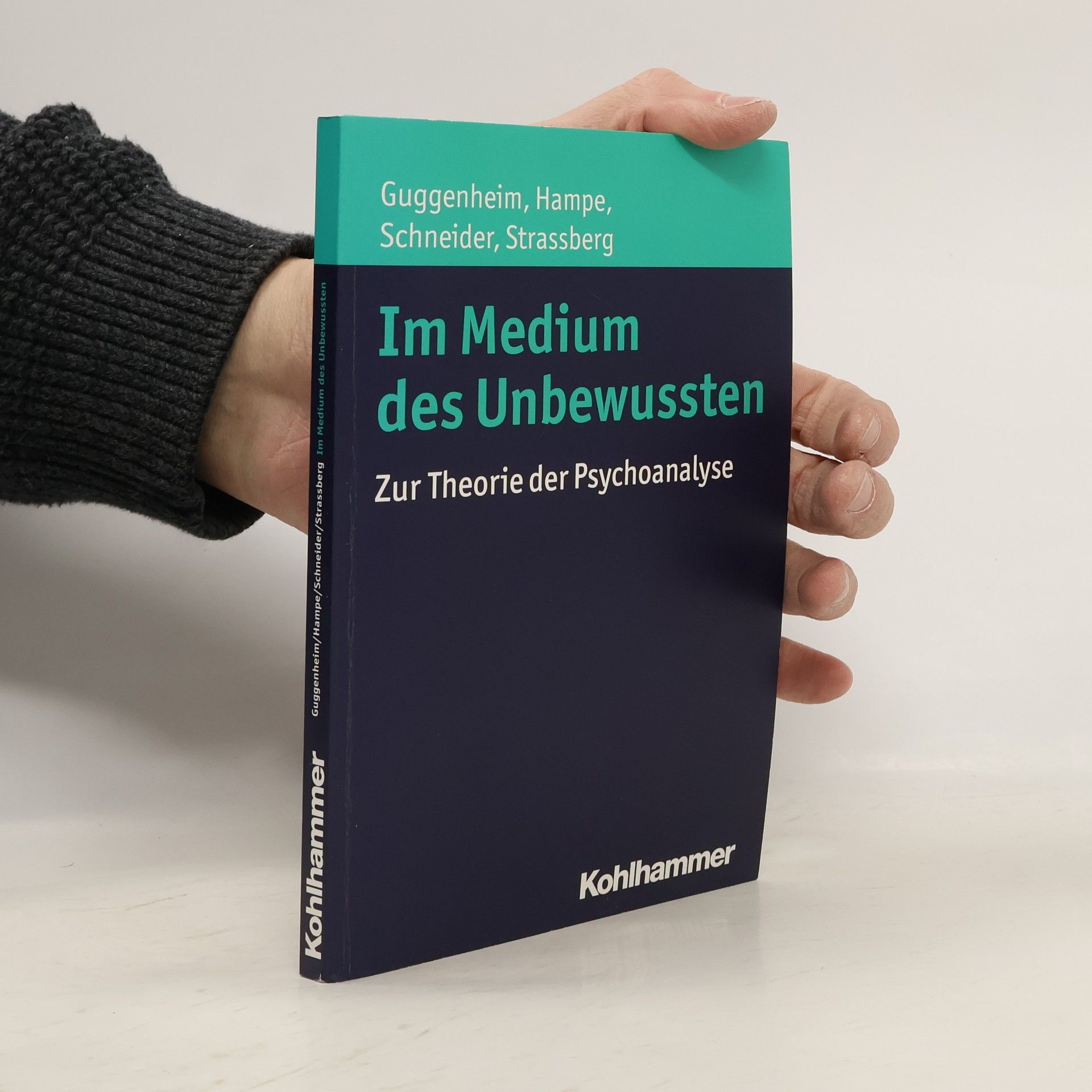



A fascinating philosophical-literary reflection, inviting us to examine the priorities in our own lives. What do we think about real life? About a retreat in untouched nature? About death and immortality? Through the lives of our children? These questions also preoccupy the fictional poet and philosopher Moritz Brandt. His friend Aaron sorts through his estate, coming across diaries and essays in which Brandt reflects on real life. The more he delves into these texts, however, the more frequently Aaron asks himself: Where does the desire to change, to become real, come from? Michael Hampe masterfully links narrative and reflection so that we recognize how the distinction between appearance and reality prevents us from coming to terms with our lives.
Die Aufklärung hat gegenwärtig keinen guten Ruf. Die einen betrachten sie als Teil eines kolonialistischen Prozesses, der von Europa aus Leid über alle anderen Menschen auf der Erde gebracht hat. Die anderen sehen die Großtheorien des Subjekts und der Freiheit, die Aufklärungsbewegungen zugrunde lagen, als überholt an. Beide Diagnosen sind richtig. Trotzdem ist die Aufklärung nicht vorbei. Sie behält als ein skeptisches emanzipatorisches Projekt der Vermeidung von Illusionen und Grausamkeiten weiterhin ihre Berechtigung und ist für die Entwicklung einer globalen Kultur, in der Menschen in der Lage sind, gemeinsam zu entscheiden, wie sie überleben und gut leben wollen, nötiger denn je. Das Buch enthält drei Aufsätze von Michael Hampe, die sich dieser Thematik annehmen.
»Weisheit« ist ein Begriff, mit dem die westliche Philosophie heute wenig anfangen kann, und doch waren es die Gründerväter auch der westlichen Philosophie, allen voran Sokrates, die sich mit der »Weisheit« beschäftigt haben. Immer geht es ihnen darum, das Leben zu ändern und dem Getriebe unserer Welt, die wir heute als kapitalistisch bezeichnen, zu entkommen. Michael Hampe und Kai Marchal unternehmen nun zusammen mit anderen Wissenschaftler: innen und Poet: innen den höchst anregenden und durchaus vergnüglichen Versuch, Konzepte von Weisheit – seien sie theoretisch, narrativ, poetisch, kontemplativ oder meditativ – näher zu bestimmen und zu vermitteln – in der Überzeugung, dass die allgemeine und sich stetig vertiefende Kenntnis der Lebenslehren der unterschiedlichen Kulturkreise nicht nur akademisch eine dringende Aufgabe darstellt, sondern auch für ein mögliches, globalisiertes, friedliches, gedeihliches und auf Dauer fortsetzbares Alltagsleben von Bedeutung ist. Mit Beiträgen von Michael Krüger, Gert Scobel, Daniel Strassberg, Christian Unverzagt, Kai Marchal, Michael Hampe, Elisa Duca und Andreas Walther
Der Wildnis. Die Seele. Das Nichts
- 304 pages
- 11 hours of reading
Ein faszinierendes philosophisch-literarisches Gedankenspiel, das anregt, die Maximen des eigenen Lebens zu überprüfen.Wie finden wir das wirkliche Leben? Im Rückzug in unberührte Natur? Nach dem Tod in der Unsterblichkeit? Durch das Leben unserer Kinder? Diese Fragen treiben auch den fiktiven Lyriker und Philosophen Moritz Brandt um. Sein Freund Aaron sortiert dessen Nachlass, stößt dabei auf Tagebücher und Essays, in denen Brandt über das wirkliche Leben nachdenkt. Je mehr er sich aber in diese Texte vertieft, desto häufiger fragt sich Woher kommt der Wunsch, sich zu verwandeln, wirklich zu werden? Meisterhaft verknüpft Michael Hampe Erzählung und Reflexion, damit wir erkennen, wie uns die Unterscheidung zwischen Schein und Wirklichkeit daran hindert, mit unserem Leben klarzukommen.
Die Dritte Aufklärung
- 100 pages
- 4 hours of reading
Rare Book
Als Erkenntnis- und Therapieverfahren existiert die Psychoanalyse seit über 100 Jahren. Sie hat sich in medizinischen, natur- und geisteswissenschaftlichen Kontexten entwickelt. Die Wissenschaftsphilosophie hat sich um die Erkenntnis der Eigenarten der Psychoanalyse kaum gekümmert, sondern sie in Schubladen unterzubringen versucht, wie denen erklärender oder verstehender Wissenschaften. Das Verhältnis von mündlichem und schriftlichem Wissen, die Verbindung von Therapieerfolg und Erkenntnisfortschritt und von Leid und Wahrheit war nicht Gegenstand der Theorie der Psychoanalyse. Das soll durch dieses Buch anders werden. Es deutet Psychoanalyse als Denken in Einzelfällen, vergleichbar der Jurisprudenz, als Verfahren individueller Reflexion und nicht als allgemeine Anthropologie.
Was will die Philosophie? Michael Hampe stellt fest, dass sie belehren und erziehen möchte, indem sie Behauptungen aufstellt. Aristoteles sagt, die Welt sei ewig, während Thomas von Aquin sie als geschaffen betrachtet. Descartes spricht von zwei Substanzen, Spinoza von einer. Doch was bedeutet es, andere belehren zu wollen? Schon Sokrates stellte dieses Vorhaben in Frage. Hampe untersucht das komplexe Verhältnis von Philosophie, Erziehung und Erzählung und entwickelt eine sokratisch inspirierte Kritik philosophischer Lehren. Behaupten ist nur sinnvoll, wenn man erklären kann, was etwas anderes ist als die Organisation von Gefolgschaft. Erklären bedeutet, von Prozessen der Selbsterkenntnis und den Leben derjenigen zu erzählen, denen etwas einleuchtet. In diesem Sinne sind Sophokles und Proust Philosophen. Erziehen heißt nicht, Menschen neue Behauptungen über die Welt zu vermitteln, sondern sie zu ermutigen, von ihr zu berichten und die Verhältnisse zu kritisieren. Hampe zeigt, wie die Philosophie zu einem akademischen Karriereprogramm geworden ist und was sie sein könnte, wenn sie ihren doktrinären Anspruch ablegt: ein besonderer Ort des Nachdenkens über das menschliche Leben.

